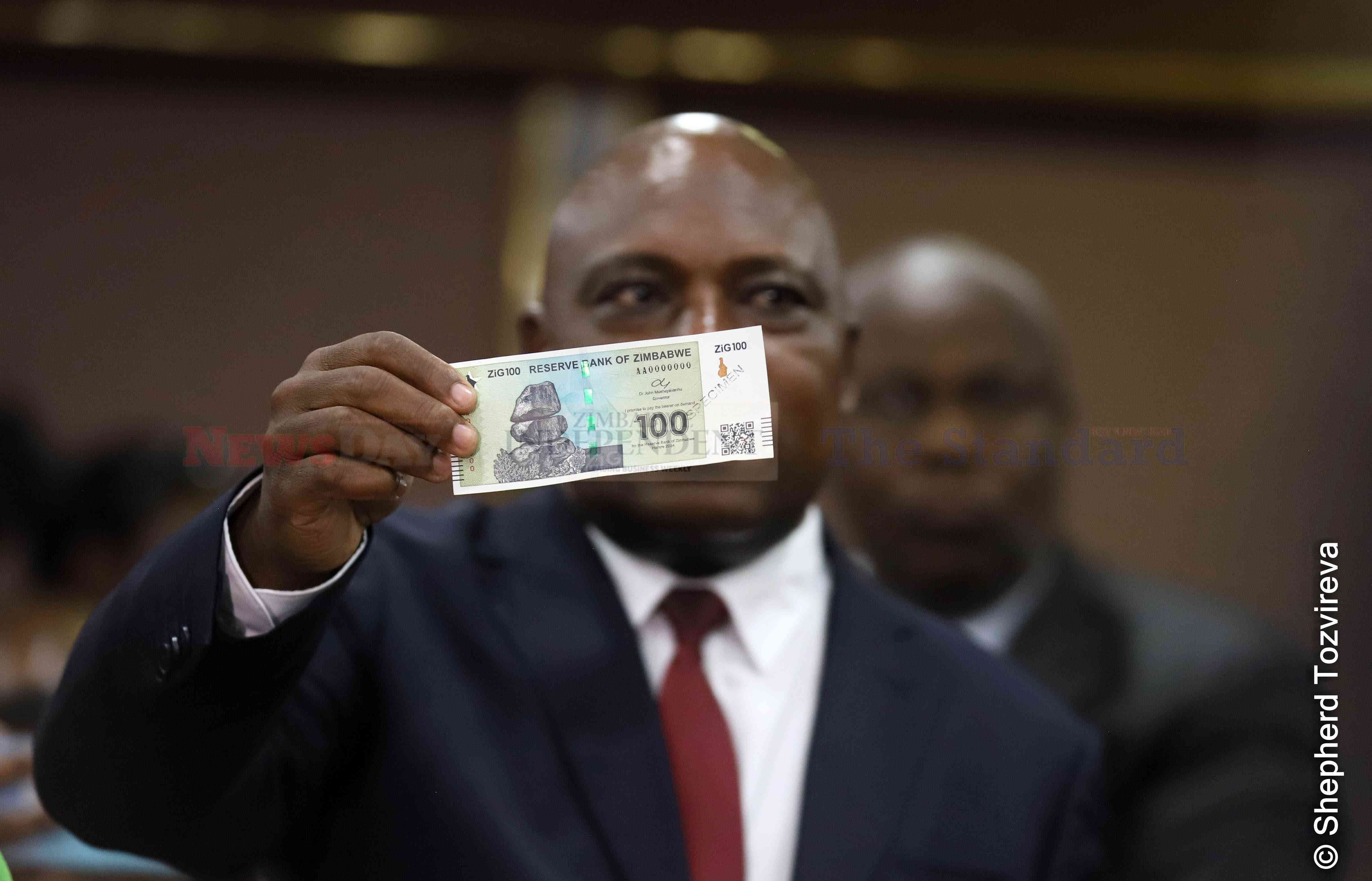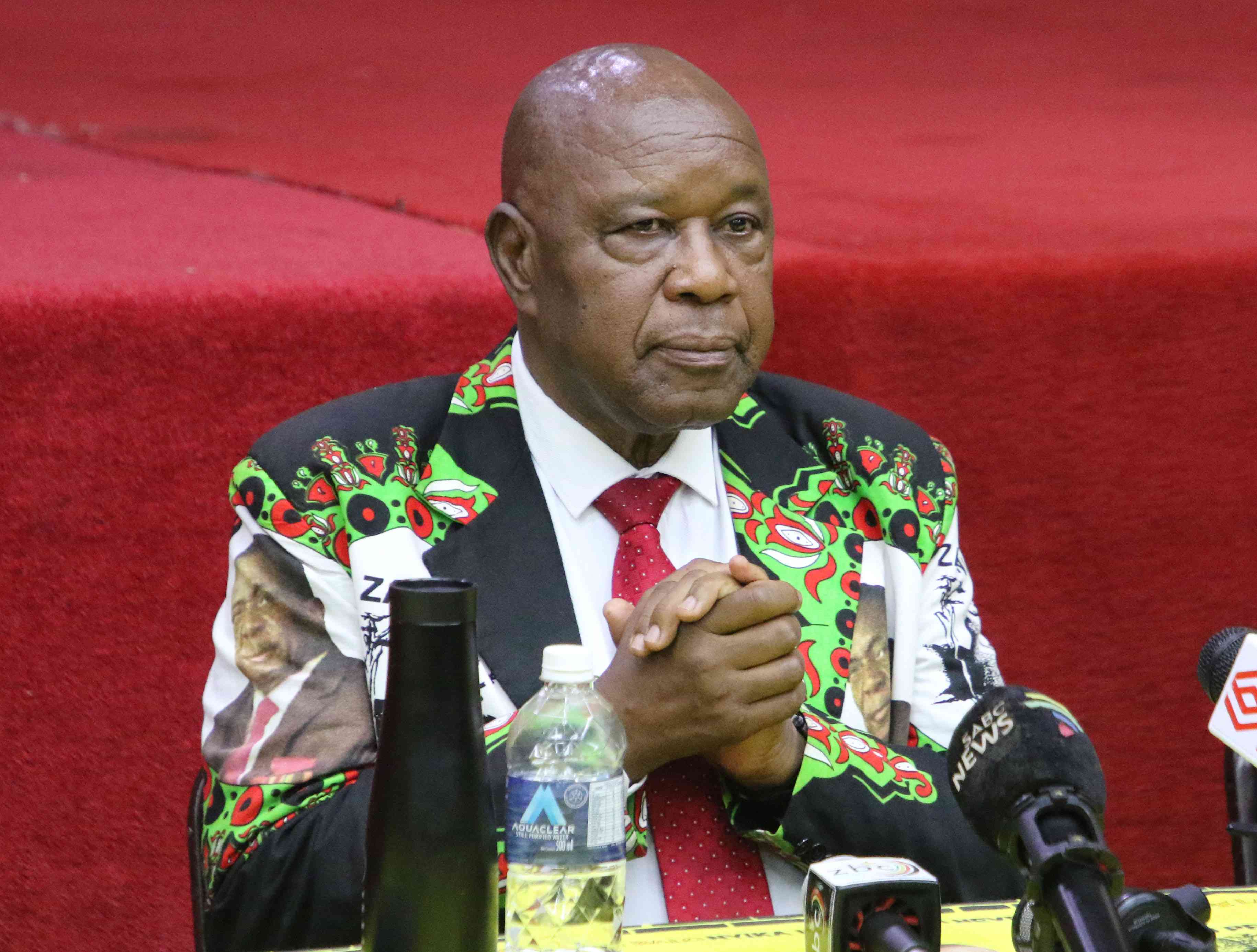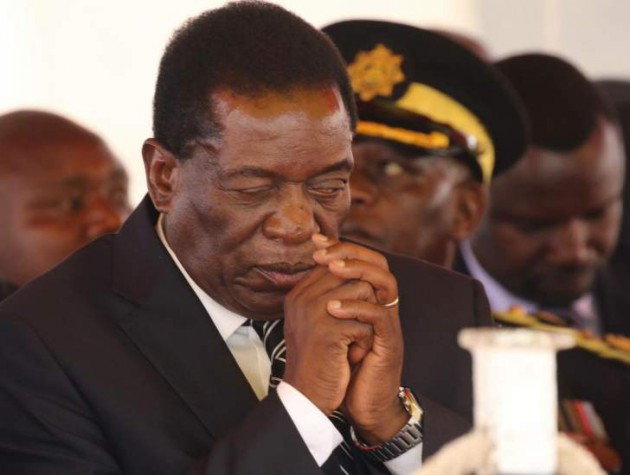
A universal concept needed in every organisation, whether a business or a non-business entity such as a hospital or school, is management.
An organisation’s success relies on the effective functioning of its management, which is essential whenever human and non-human resources work together to achieve any objective.
The concept of management has gained immense importance due to the increasing size and complexity of modern organisations.
Management is a process through which an organisation designs and maintains an environment where individuals work together to effectively and efficiently achieve organisational goals.
The three essential elements that come under the modern concept of management are as follows:
Pan-African entrepreneurs should understand modern management as a process that involves a series of interrelated functions, such as planning, organising, staffing, directing, and controlling.
These functions make it a process through which every manager works to achieve goals.
In the same scope, its fundamental requirement for effective performance should be understood: effectiveness in management means achieving goals on time. In simple terms, it focuses on the result. For example, it is considered effective if an organisation meets its sales target within the time frame.
- Gwanda residents apprehend robbers
- Police sweat over missing student
- Zim gets Little Mister, Miss Universe licence
- Chinotimba lives another day
Keep Reading
It is worth noting that the Pan-African entrepreneurs need to make deliberate decisions to feed into the process of modern management, which thrives on efficiency.
In management, efficiency means doing tasks correctly and with minimum cost. It is not enough to complete the task on time; it should also be accurate.
Besides, management also aims to use its resources efficiently as it reduces the firm’s costs, ultimately resulting in higher profits.
Management is a never-ending process. It indicates that the business management process continues until the company remains since it helps reach the organisational goals.
Every organisational manager must carry out the various management duties in a sequence (planning, organising, staffing, directing, and controlling).
Every company has a set of pre-defined goals or targets it seeks to achieve. Every company has distinct objectives.
Therefore, by using the provided constrained resources optimally, management assists these companies in achieving their objectives.
For instance, all of Airtel’s managerial efforts will be aimed at meeting this goal if its goal is to increase a billion Airtel Xtreme users in a year.
Permeating in character, the business management process is all-pervasive. Every company, whether tiny, enormous, economic, social, etc., manages at all levels or stages.
Moreover, whether a social, political, or financial business, the management of an organisation entails everyday activities for all.
Management is a multidimensional process since it does not involve just one activity. The three primary activities comprising management are management of work, management of people, and management of operations.
Management of work: Every company is configured to carry out some work or objective; the management seeks to fulfil these objectives or duties. The nature of Business determines the work of an organisation; for instance, in a university, in a hospital, etc., work to be completed is treating patients.
Management of people: People are a company’s most important resource and, therefore, its most vital asset. Management is responsible for completing the task via human resources/people by using their talents and making their deficiencies unimportant. Managing people has two sides: looking after a group of individuals and looking after employees’ personal needs.
Management of operations: Operations refer to the activities involved in an organisation’s production cycle, including acquiring inputs, transforming them into semi-finished goods, and producing final products. In simple terms, management of operations encompasses the management of work and the management of people, defining what work needs to be done, how it should be completed, and who will carry it out.
Dynamic function: The operation of a company is influenced by several internal and external factors. To achieve its organisational aims and objectives, an organisation must evolve and adapt to changing environments. Therefore, management is a dynamic role.
Management is a group activity: it is the collective effort of several individuals performing managerial tasks. These tasks can only be accomplished when each person fulfills their role at the appropriate rank and department. Management typically involves collaboration, as its results affect every individual and department within a company.
Management is a function that cannot be physically seen, but its presence can be felt by observing the orderliness and coordination in the work environment as well as the joyful expressions of employees when tasks are completed.
Management is essentially coordination; it facilitates the coordination of various departmental and functional activities. Every level of the company has managers responsible for ensuring proper coordination to enhance outcomes and achieve company objectives.
Recognising the central role of modern-day management in the success of pan-African entrepreneurial ventures, it is essential to briefly highlight some of its key benefits and strategic importance as noted below:
Boosts efficiency: The management process of an organisation boosts its efficiency by lowering costs and boosting productivity. This is accomplished by making the most of the resources that are available in the most effective and efficient manner possible.
Contributes to the accomplishment of group objectives: An efficient management process fosters the development of teamwork and coordination among an organisation’s individuals. When it comes to achieving the organisation’s overarching goals, managers are responsible for providing their staff with a general path or direction to follow.
Establishes a dynamic organisation: Every organisation operates in a constantly changing environment. It is the responsibility of management to help their members adapt to these changes, which ultimately ensures the company’s sustainability and growth. Additionally, management can reassure staff that the changes implemented within the company will positively impact their future prospects.
The development of society: Every organisation has various goals it aims to accomplish concerning different segments of society. Besides focusing on the organisation’s growth, management also bears responsibility for societal development. To fulfil this duty, management supports the production of high-quality goods, integrating innovative technology, and providing employment opportunities for the more disadvantaged segments of society.
- Dr Farai Chigora is a businessman and academic. He is a senior lecturer at the Africa University’s College of Management and Business Sciences. Also a global business modelling practitioner. His doctoral research focused on Business Administration (Destination Marketing and Branding Major, Ukzn, SA). He is into agribusiness and consults for many companies in Zimbabwe and Africa. He writes in his personal capacity and can be contacted for feedback and business at fariechigora@gmail.com, www.fachip.co.zw, WhatsApp mobile: +263772886871.
- Dr Tabani Moyo is an extra-ordinary researcher with the University of North West, South Africa’s Social Transformation School. He holds a Doctorate in Business Administration (Research focus on new media and corporate reputation management, UKZN), chartered marketer, fellow CIM, communications and reputation management expert based in Harare. He can be contacted at moyojz@gmail.com @TabaniMoyo (X)










